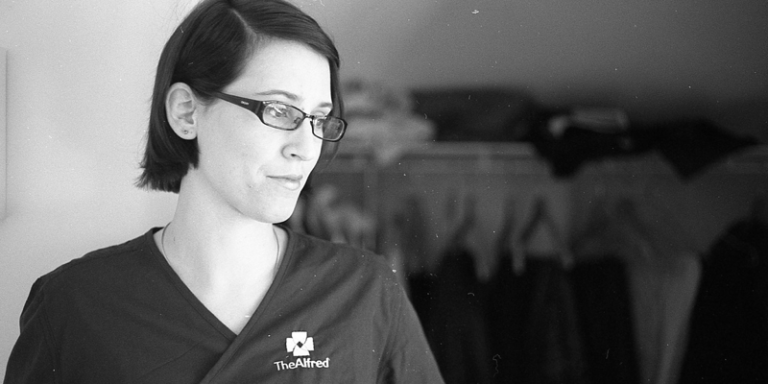It’s no secret that there is a nursing shortage in the United States. As baby boomers age, current nurses approach retirement age, and fewer students enroll in nursing programs, that shortage is only expected to continue. This has severe repercussions for hospitals, clinics, long-term care facilities and the nurses who remain in the workforce, but perhaps the most significant impact is on the patients who rely on nurses to care for them during the sickest times of their lives.
Impacts of the Nursing Shortage
A nursing shortage affects nearly every aspect of healthcare delivery.
-
Impact on Patients
Patients are at risk during a nursing shortage in many ways. They may be turned away from hospitals and clinics because there is not enough staff to meet demand. Those that do get admitted often see overworked and overscheduled nurses. Nurses who are stretched to the limit are tired, stressed out and more prone to making mistakes.
-
Impact on Hospitals, Clinics, and Care Facilities
Hospitals and healthcare facilities need patients to make money and stay in business. If they have to turn patients away because they can’t accommodate the demand, they are losing out on business. Constant and prolonged understaffing can undermine the long-term health and success of the business, especially if that understaffing leads to patient care errors and mistakes or open beds.
-
Impact on Nurses in the Workforce
The nurses who remain in the workforce may find themselves in high demand but at a significant cost. Unmanageable workloads are physically and mentally exhausting with no relief in sight, and job dissatisfaction rises. There will be an increased demand for highly specialized nurses as hospital care is reserved for only the sickest of patients. Nurses who are currently employed may find themselves needing more education and training to compete with specially trained new graduates.
New graduates still find it hard to find a full-time nursing position, due mainly to hospital budget restraints. New nurses require training that many hospital budgets just can’t accommodate. Plus, older nurses are putting off retirement due to economic uncertainty. This creates even fewer openings for new nurses.
Nursing school instructors are hard to find as well since most can make more money working in the hospital than by teaching. This leads to a higher demand for qualified nursing instructors than currently available, which in turn, affects how many students can be accepted into a nursing program.
Opportunities Abound
The nursing shortage has created many opportunities in the field. Nursing has one of the highest rates of employment growth. Employment opportunities exist in hospitals, clinics, long-term care and home health facilities; there are even positions to work as faculty at nursing schools. As our population ages and healthcare reform increases access to the healthcare system, skilled specialty nurses will remain in demand but so will nurses who can provide primary care.
Our healthcare system will need both types of nurses if we are to continue delivering quality healthcare. More nurses will ease the pressure on hospitals, patients, and other nurses and provide excellent employment opportunities for those who are called to this line of work.
photo credit: pasiphae / 123RF Stock Photo
